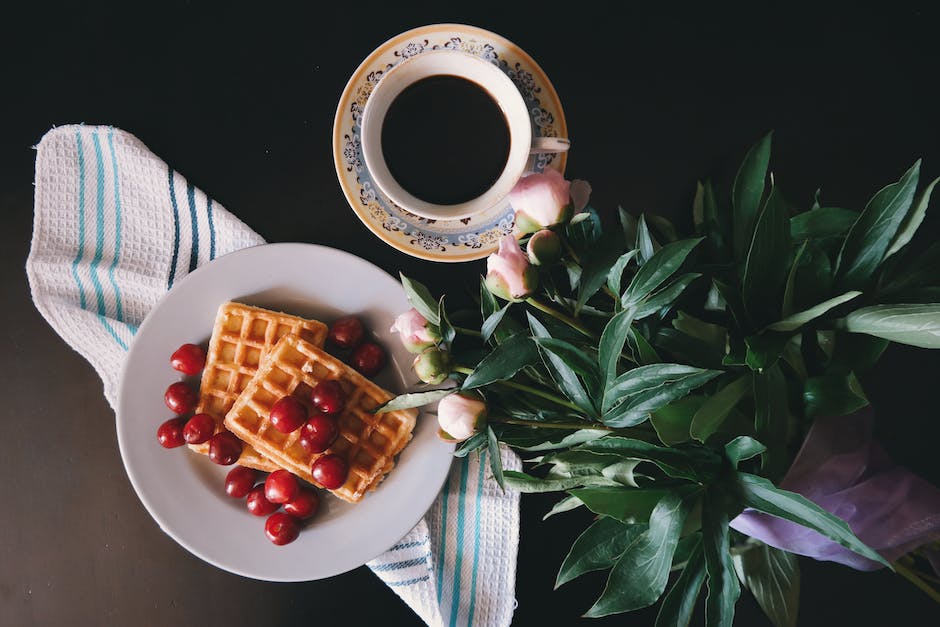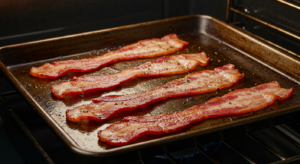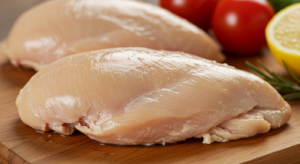
Understanding the Caffeine Levels in English Breakfast Tea
English breakfast tea, popular for its rich flavor, is a type of tea produced from the Camellia sinensis plant that many people enjoy throughout the day. It’s important to understand the caffeine content in this beverage, especially if you’re monitoring your caffeine intake. On average, the caffeine levels in a cup of English Breakfast tea are significantly less than what you’ll find in a typical cup of coffee. For most brands, the caffeine in English breakfast tea usually ranges between 40 to 70 milligrams per cup.
However, several factors could influence the caffeine levels in your cup of tea. The tea’s age, where it’s grown, and how long it’s brewed can affect the caffeine content. Additionally, the specific tea leaves used in the blend might contribute to a marginal increase or decrease in caffeine levels.
Loose Leaf Tea vs. Pre-Packaged Tea Bags
Another key factor that impacts the caffeine content of your tea is whether you’re using loose leaf tea or pre-packaged tea bags. Typically, loose leaf English breakfast tea contains more caffeine than bagged tea as loose leaves are often made of younger, more caffeinated parts of the tea plant.
Pre-packaged tea bags, on the other hand, often consist of the older leaves and dust, typically containing less caffeine. That being said, the difference isn’t substantial and, for most casual tea drinkers, the distinction in caffeine levels between these types of tea is negligible.

English Breakfast Tea Vs. Green Tea Vs. Herbal Tea: Caffeine Comparison
In comparing English breakfast tea to green tea and herbal tea, it’s notable that the green tea typically has less caffeine. An average cup of green tea contains approximately 20 to 45 milligrams of caffeine, distinctly less than an English breakfast tea.
On the other hand, most herbal teas are completely caffeine-free, making them a suitable choice for those wanting to avoid caffeine altogether. Hence, when considering your own caffeine sensitivities, it’s beneficial to familiarize yourself with the caffeine content of various types of tea.

Sustaining Blood Pressure: Consider Decaffeinated English Breakfast Tea
Drinking English breakfast tea can increase your blood pressure slightly due to its caffeine content. If you have been advised to watch your blood pressure, switching to a decaffeinated English breakfast tea could be a wise choice.
Decaffeinated teas typically contain 2 to 5 milligrams of caffeine, a significantly lower amount compared to regular tea. This ensures that you can still enjoy the refreshing flavor of English breakfast tea without worrying about adverse effects on your blood pressure from excessive caffeine intake.
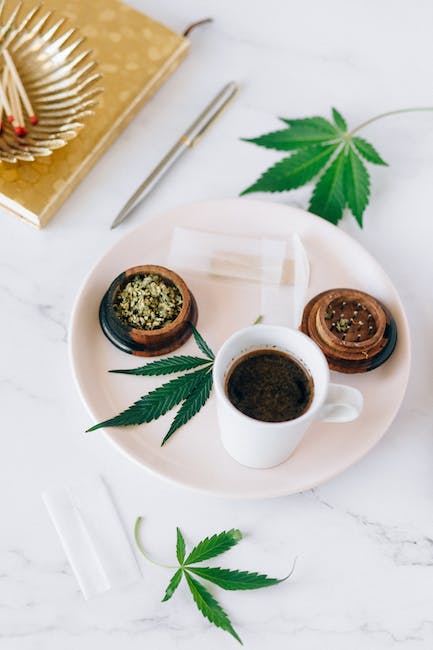
Black Tea Caffeine Content Vs. Coffee
If you need a pick-me-up, you might question whether to reach for a cup of English breakfast tea or a cup of coffee. A cup of coffee generally contains more caffeine than black tea, with around 95 to 200 milligrams of caffeine per cup.
The noticeable difference in caffeine content between black tea and coffee is the reason tea has less caffeine than coffee. If you prefer a drink with less caffeine, English breakfast tea is the way to go. Alternatively, if only a strong caffeine jolt will hit the spot, then opt for a cup of coffee.
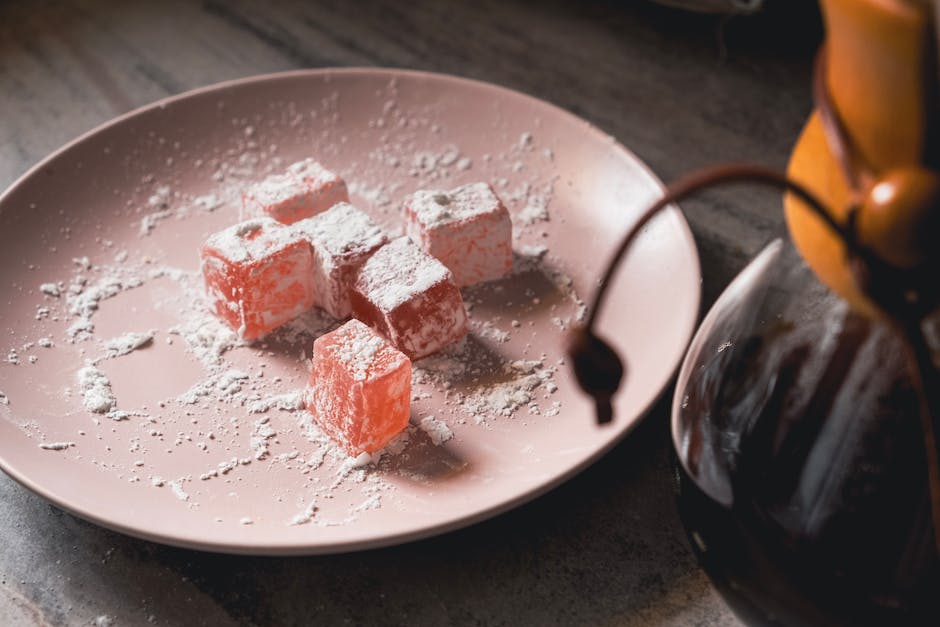
The Healthiest Time to Drink Tea
Consciousness around the time you’re drinking English breakfast tea improves your overall beverage experience. This type of tea contains an amino acid called L-theanine, which enhances alertness and focus. Therefore, drinking English breakfast tea in the morning or early afternoon will be most advantageous.
However, be careful not to drink tea on an empty stomach as tannins in the tea may lead to nausea. Lastly, avoid drinking tea before bedtime as the caffeine intake could hamper a good night’s sleep.

Tackling Milligrams of Caffeine: A Personal Approach
Though understanding milligrams of caffeine in various beverages is useful, it’s also crucial to consider individual tolerance to caffeine. Some people can tolerate high amounts of caffeine without any problems; for others, even a tiny amount can cause jitteriness, racing heart, and other symptoms.
Experts suggest a safe level of caffeine for most healthy adults is up to 400 mg per day. To keep your daily caffeine intake within a healthy range, ensure to factor in caffeine content in all beverages you consume in a day, not just your cup of English breakfast tea.
1. How much caffeine is there in English breakfast tea compared to coffee?
Caffeine in English breakfast tea ranges from 40 to 70 mg per cup, while in a cup of coffee, it can range from 95 to 200 mg.
2. How does decaffeinated English breakfast tea affect my blood pressure?
As decaffeinated English breakfast tea contains only 2 to 5 mg of caffeine, it is less likely to affect your blood pressure compared to regular tea.
3. Can drinking tea increase my blood pressure?
Caffeine found in tea can slightly increase blood pressure. Those monitoring their blood pressure should consider consuming decaffeinated tea instead.
4. Is loose leaf tea higher in caffeine?
In general, loose leaf tea has higher caffeine content due to the use of younger parts of the tea plant, which contain more caffeine.
5. How much caffeine is there in a cup of green tea?
An average cup of green tea contains approximately 20 to 45 milligrams of caffeine.
6. How does English breakfast tea compare to herbal tea in terms of caffeine?
Herbal tea is generally completely caffeine-free, making it a suitable choice for those seeking to avoid caffeine.
7. Can the caffeine intake from tea affect my sleep?
Yes, the caffeine in tea can potentially disrupt your sleep, especially if consumed close to bedtime.
8. How does the caffeine in black tea compare to other types of tea?
Black tea usually contains more caffeine than green tea but less than coffee.
9. How can drinking English breakfast tea on an empty stomach affect me?
Drinking tea on an empty stomach can cause nausea due to the presence of tannins in the tea.
10. What is the safe level of daily caffeine intake?
Experts suggest a safe level of caffeine for most healthy adults is up to 400 mg per day.

